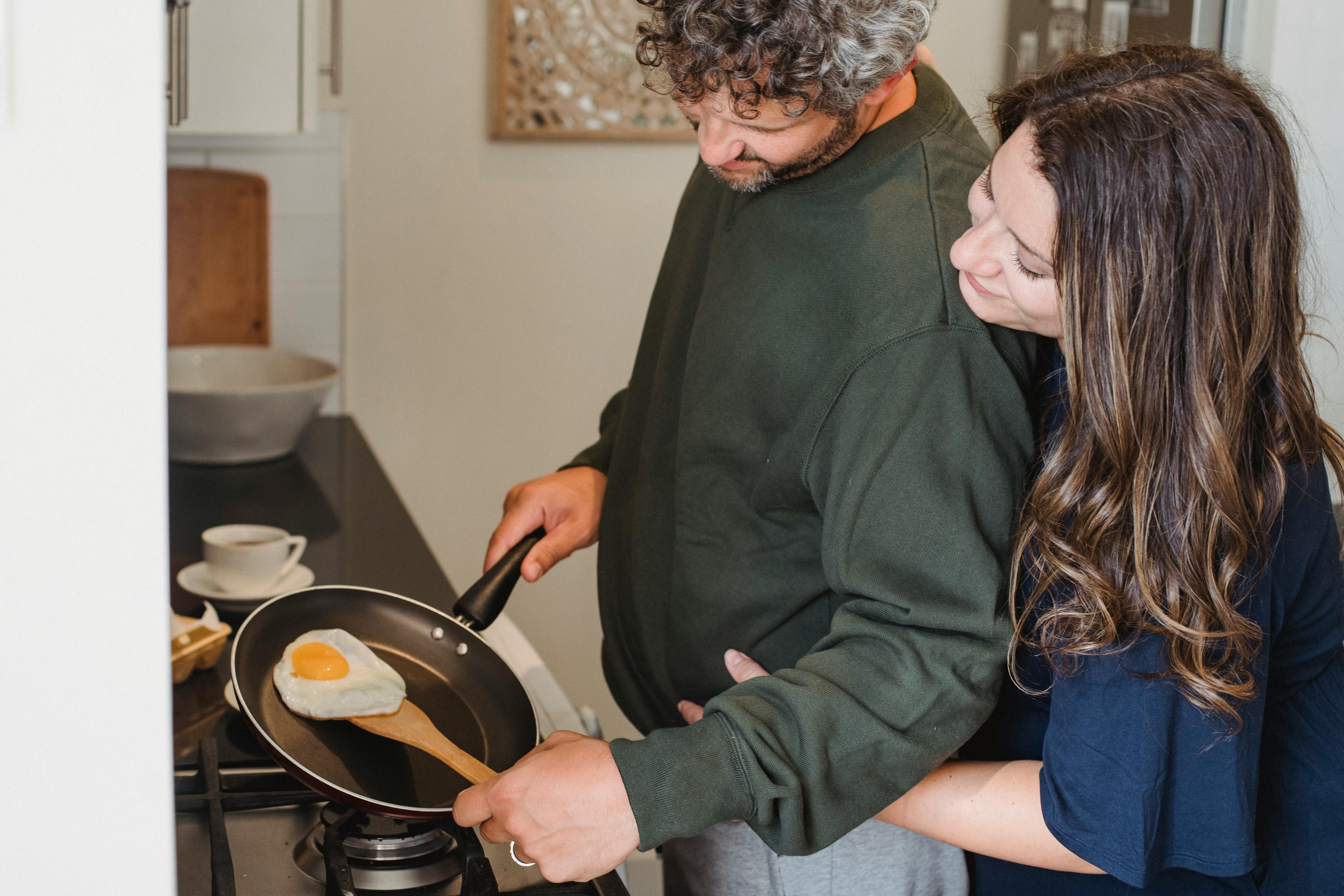Before treating an anal fissure, you need to start by understanding what it is. From a medical point of view, a rectal fissure is a tear in the lining of the anus or the lower part of the rectum that causes pain during bowel movements. The good news is that there are home treatments that can get the job done as quickly as a few days or weeks if you only have an acute anal fissure; but if it is a long-term or chronic problem, it will last more than 6 weeks. In chronic cases, you may need to take medication to cure it completely.
As mentioned, home treatments usually take 4-6 weeks. The pain that is experienced during bowel movements usually goes away within a couple of days of treatment. How is anal fissure treated? Home treatment consists of a sitz bath or sitting in warm water for 20 minutes two to three times a day. You can also increase your fiber and fluid intake and use stool softeners or laxatives to experience pain-free bowel movements. Laxatives should be consulted with your personal physician. Treat rectal fissure using ointments and creams such as zinc oxide, Preparation H, or “anusol“. However, evidence shows that fiber and “sitting” Baths help symptoms better than over-the-counter creams. The most effective way is to remember not to separate the buttocks, this could slow the healing process. Another tip is to avoid using toilet paper; use products that are less irritating for rectal fissure such as baby wipes or medicated pads.
Sometimes home treatments are not the best way, especially when it has not healed after 6 weeks. This anal fissure condition is already considered chronic and you may already need additional treatment or medication. Medications are generally used for first-line treatment for chronic fissures. Nitroglycerin cream can reduce pressure on the internal anal muscle or sphincter. 0.2% of said cream also allows the fissure to heal by massaging into the fissure and surrounding area. Avoid using a large amount at one time because the cream causes headaches, “dizziness,” or fainting from low blood pressure. It is better to wear gloves when treating anal fissure with the cream because it can cause skin side effects. Other medicines used to treat anal fissure include “Nifedipine” and “Diltiazem“, which helps reduce pressure on the internal anal sphincter; and the “botulinium“toxin (botox), which when injected into the internal anal sphincter reduces muscle tension.
When the medications still do not stop the onset of symptoms, then it is better to see your doctor for possible surgery so that he can treat the anal fissure. The procedure usually includes the doctor cutting a part of the internal sphincter to relax the spasm that is causing the anal fissure.










